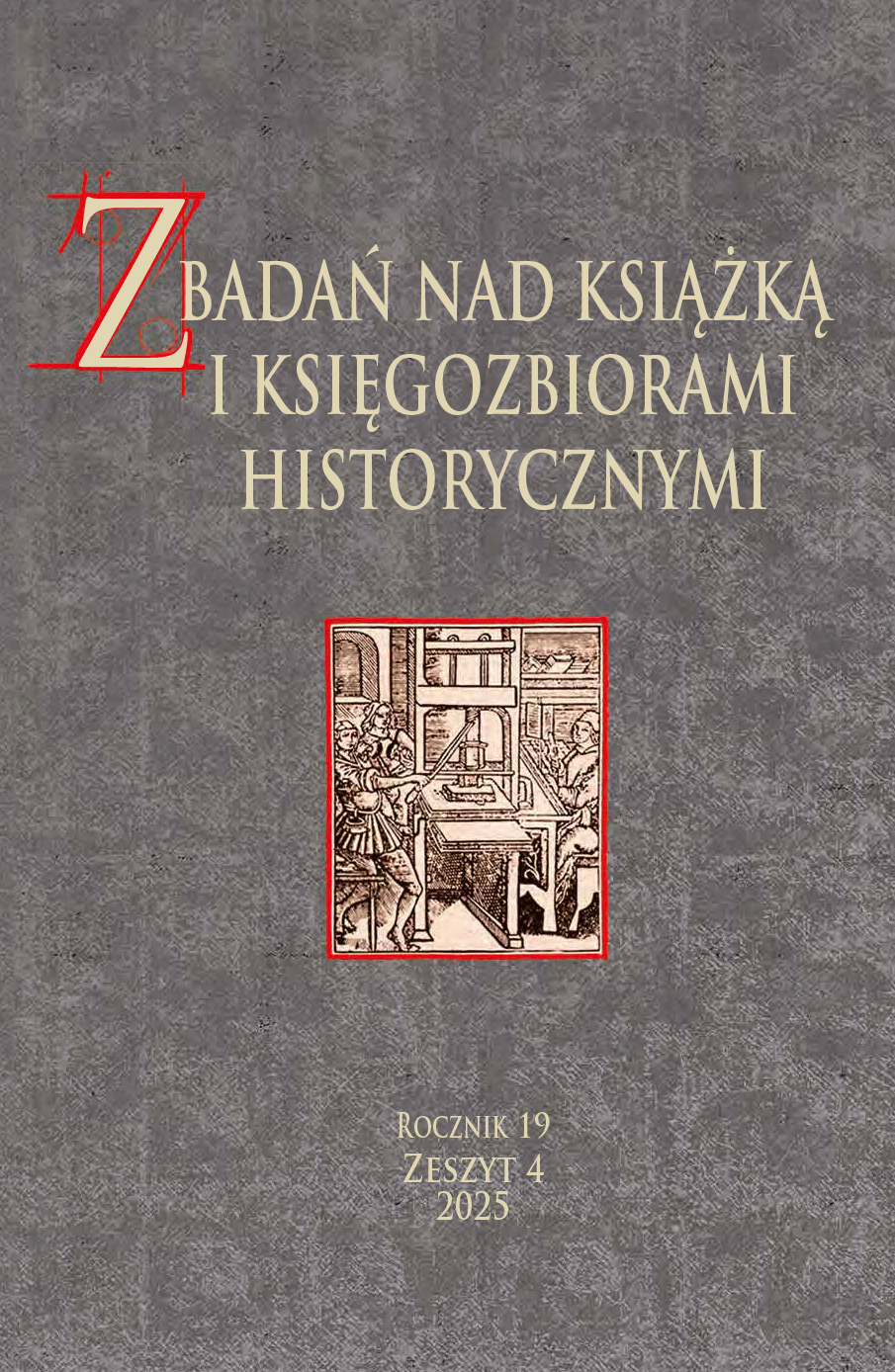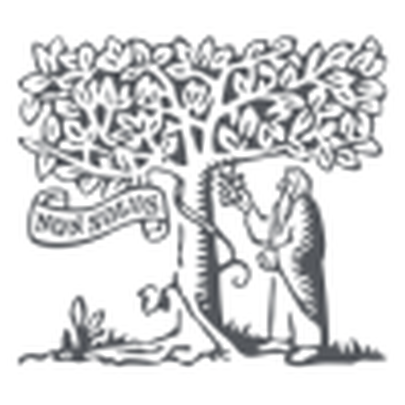Books into homes. Studies on political entanglements of reading in Polish villages in the years 1949-1956
DOI:
https://doi.org/10.33077/uw.25448730.zbkh.2008.242Keywords:
history of the book, history of reading, Stalinism, People's Republic of Poland, 1949-1956Abstract
The author begins with the following questions: "what the book and reading were to be in the model of Communist cultural politics in the years 1945-1956", and what barriers did these politics face in villages in the aforementioned period of the People's Republic of Poland. He states that the village reader was discouraged by the propaganda character of publications offered or imposed to him/her, mostly so-called "production" literature and translation of the Soviet texts. The author underlines that book was used as a propaganda tool mostly by the Communist authorities at that time. Village readers looked for other readings – belles-lettres, adventure books, romances, and in general books "like they used to be", i.e. – as one can guess - literature similar to that from before World War II, from before the Communist period. Concluding, the author states that the Stalinist project of books and reading in villages collided with the reality of everyday life. As a result of that, "Once again it was to turn out that although social behavior changed in the result of such reading, the direction of these changes was not always what the rulers wanted".






